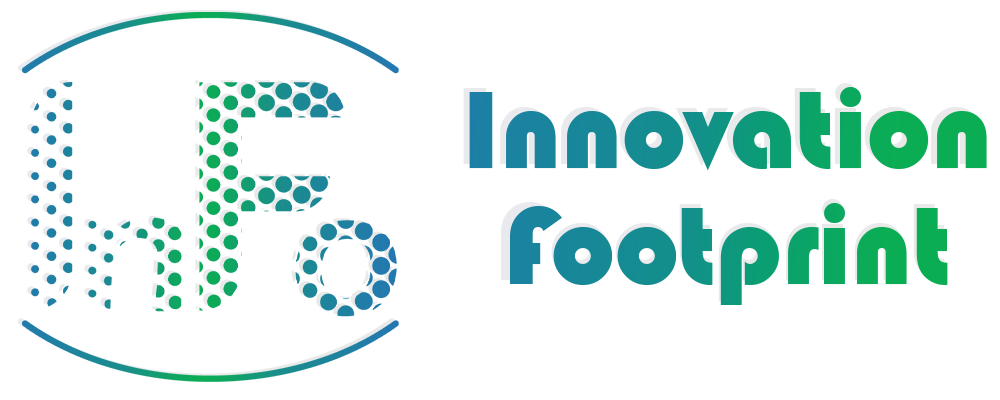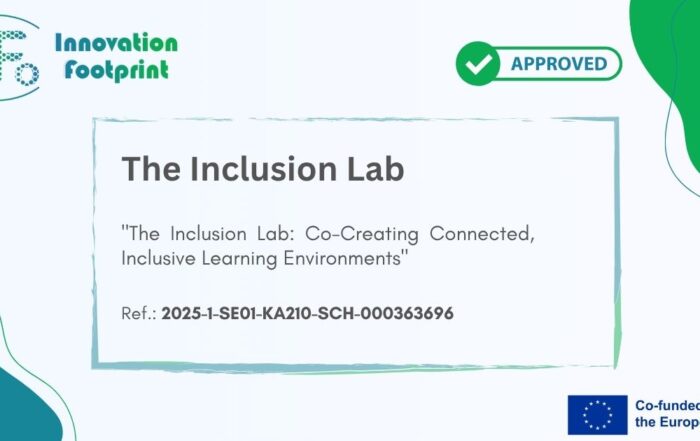
Project number: 2025-1-SE01-KA210-SCH-000363696
Implementation period: 01.09.2025 – 28.02.2027
About the Project
European classrooms are becoming more diverse due to increased globalization, migration, and social change. While this creates opportunities for rich intercultural learning, it also presents significant challenges: students from different backgrounds often experience barriers to a sense of belonging and inclusion at school. Traditional teaching methods and school structures are frequently unprepared for these realities, leaving educators in need of both new skills and resources to foster genuinely inclusive, supportive learning environments. Digitalization and reduced in-person contact have further impacted students’ empathy and social skills.
Despite many available resources, practical, connected, and easy-to-use SEL tools are lacking. Teachers need structured materials and peer support; students need opportunities to actively shape inclusion in their classrooms.
The Inclusion Lab responds with practical, multilingual resources, collaborative workshops, and student-led projects, empowering schools to foster empathy, wellbeing, and cooperation in diverse settings. This project addresses well-documented needs across all partners, directly promoting wellbeing, inclusion, and teacher competence as prioritized by Erasmus+.
Project Goals
- Strengthen students’ social-emotional skills (empathy, wellbeing, respect for diversity).
- Equip teachers with practical tools and knowledge for inclusion in diverse classrooms.
- Encourage active student participation in creating inclusive school communities.
- Facilitate collaboration and peer learning among teachers across Europe.
- Create quality, multilingual resources for use in schools.
Tangible Results
- A concise, practical handbook for teachers (in 5 languages).
- A compendium of best practices and student-led inclusion projects.
- National and Pan-European conferences and workshops.
- At least 12 schools, 12 teachers, and 240 students directly involved.
Partners:
- Fridaskolan i Uddevalla – Sweden
- Innovation Footprint – Greece
- ISA Institut – Slovenia
- Primera – Zentrum für pädagogische Fortbildung Wien – Austria
- Osnovna sola Koper Scuola elementare Capodistria – Slovenia

